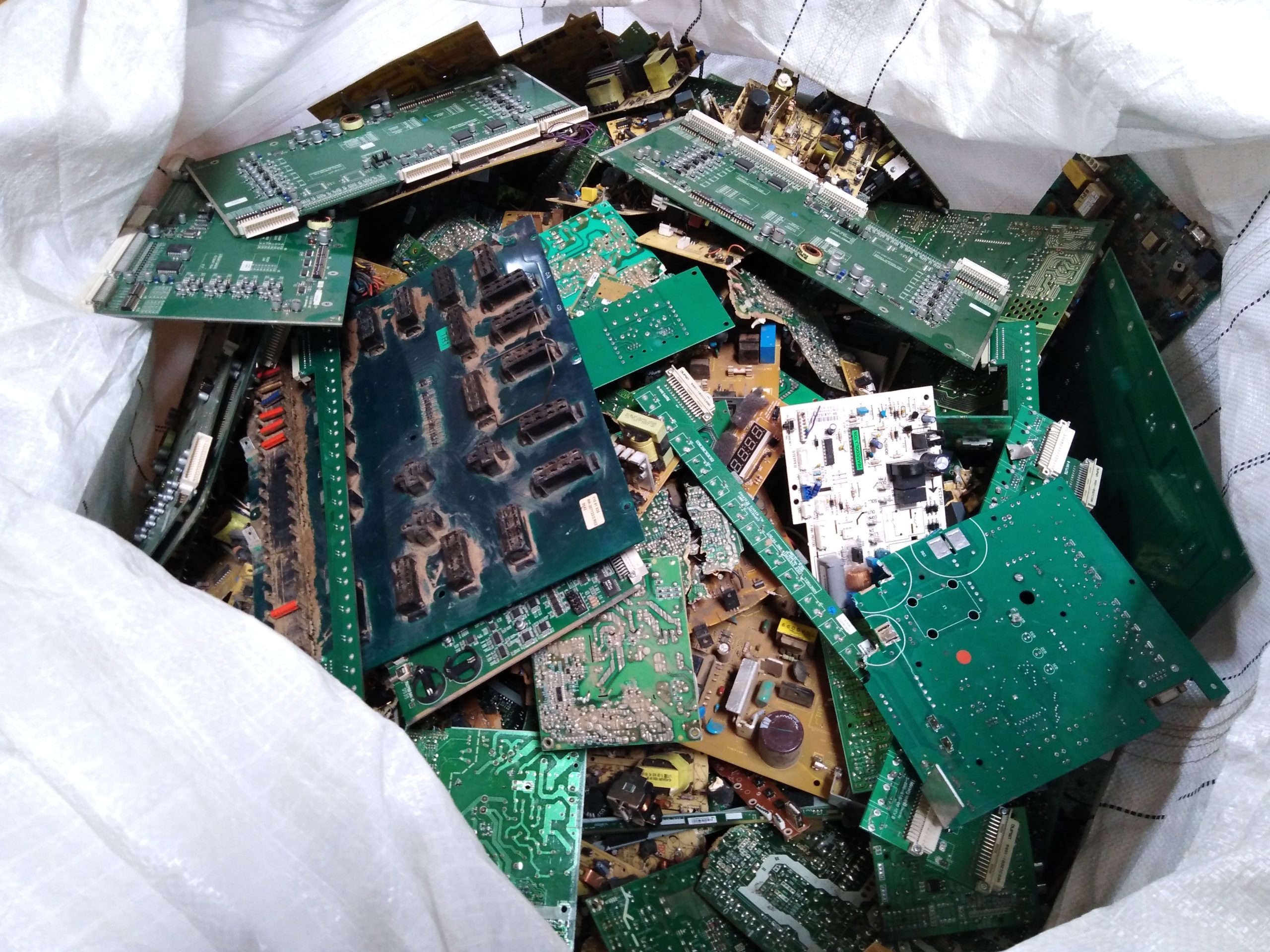
Often when delivering talks, in meetings or discussing our work to anyone and everyone who will listen, people ask ‘can the solar lights be recycled?’
There has never been a good enough answer. For years, the solar lights we sell have been made hard to ‘tamper’ with or reverse engineer by the manufacturers, making repairs difficult, and infrastructure for recycling e-waste has been minimal.
Therefore, the whole off-grid solar sector is faced with a big problem. The growth of different markets has been celebrated, the impact on millions of people too. Rightly so. But what happens to these millions of solar lights when they reach the end of their life. Landfill? Probably.
Today, SolarAid was announced as one of the eight winners of the Global LEAP Solar E-waste challenge in Nairobi. The grant programme is run by CLASP and funded by the UK’s Department for International Development (DFID) and the U.S. Agency for International Development (USAID).
We were asked to address one of the four specified objectives:
- Development of a Take Back scheme
- Building local repair capacity and access to spares
- Refurbishing products for resale
- Recycling
We will be addressing all four as they are necessary, overlapping features of one model which serves families and the environment in tandem.
Firstly, we want to incentivise families to bring back their broken solar lights by offering a discount on their next light or offering repairs.
On a solar light, the first part to fail is almost always the battery. If we can offer a repair service (outside of warranty), a family could extend the life of their solar light for another 3-5 years! The solar light lives on, and another light does not have to be bought.
We will work with local repair people and building capacity to repair solar lights. We will be working within existing infrastructure and not reinventing the wheel.
In much of sub-Saharan Africa is a culture of repairs and reselling which the off-grid solar lighting industry has not yet associated with. You do not see second-hand solar lights. Now we will be repairing solar lights at scale, we will encourage solar lights to be sold again at a more affordable price.
Yes, this will mean fewer sales for manufacturers and distributors but our focus is on the families who want access to clean and affordable energy and the environment through the most sustainable models.
Having extended the life of solar lights as far as we can, we recycle.
We are exploring partnerships with local Zambian tech companies, to provide a platform for local recyclers, people, companies to trade different parts.
The solar lights will therefore be able to be taken apart and the parts traded for reuse/recycling.
Alongside this, we will be exploring what to do with the materials which currently cannot be recycled within Zambia. For context, there is only one established e-waste centre in the whole of East Africa. It is in Kenya and the waste is collected and shipped to Europe.
We will be capturing all lessons learned within the 12 months with the University of Edinburgh, forming best practice, learn and look to scale this model across the whole of Malawi, Zambia and beyond.
As a charity within a sector of private organisations, we can do what the private companies cannot, ignore the need for profits and test, pilot and share models which will reach those no one else will reach.
There may be failures, it may be difficult, but we are tackling this problem and will actively encourage others to do the same with what we learn.